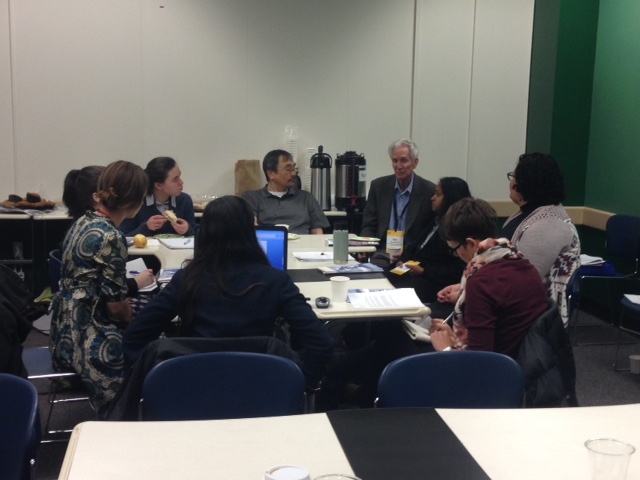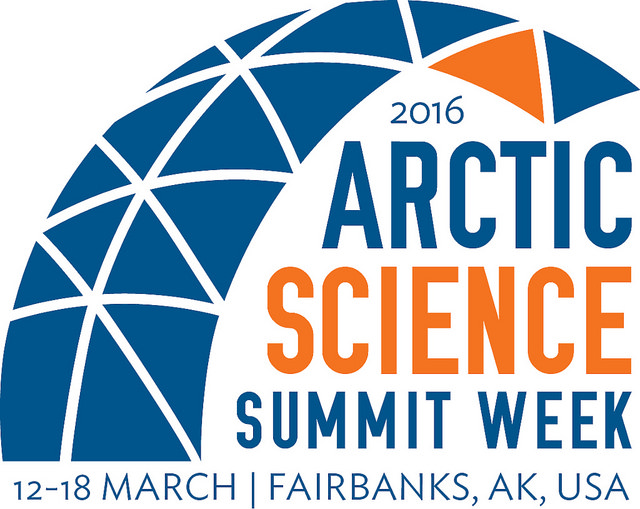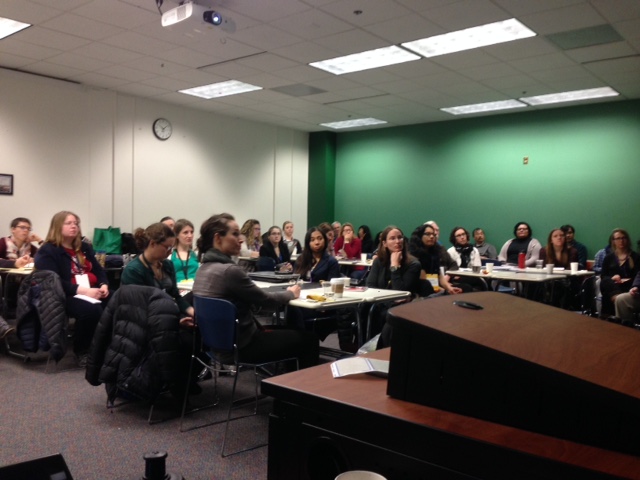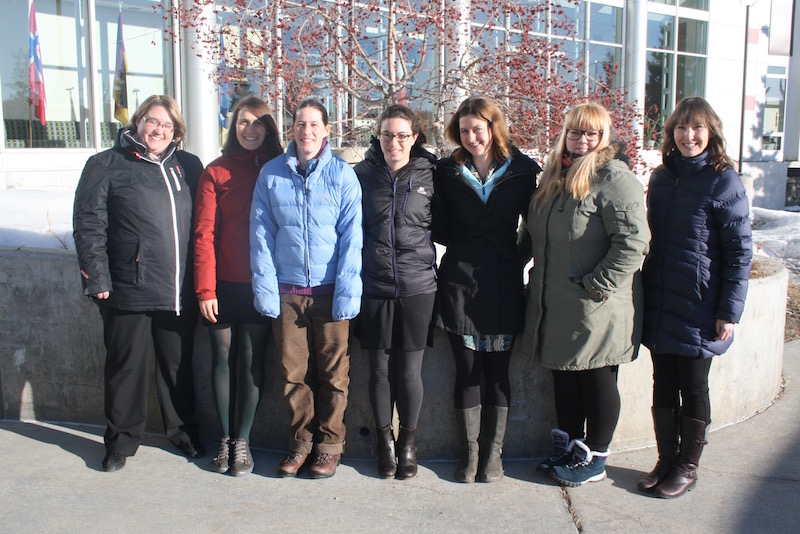APECS hosted an Early Career Arctic Policy Workshop on Monday, March 14 during Arctic Science Summit Week in Fairbanks, Alaska. This half-day workshop began with a keynote presentation from Bradley Moran, dean of the University of Alaska Fairbanks School of Fisheries and Ocean Sciences. Following, participants heard five short presentations addressing the global effort to use best-available science in the development of Arctic policy from our workshop’s mentors: Carolina Behe, Terry Chapin, Henry Huntington, Amy Lovecraft, and Peter Winsor. Following the talks, participants broke into smaller, mentor-led groups to discuss strategies for incorporating scientific knowledge into impactful Arctic policy. The workshop had great attendance, with 34 participants from a range of countries and different career stages.

Presentation Titles:
- Keynote: Bradley Moran, Perspectives on ocean science, policy and lesson learned
- Henry Huntington, Research, observations and outreach, or the production of science vs. the consumption of science
- Amy Lovecraft, Scenarios as social learning: Community-scale anticipation of healthy sustainable communities in Arctic Alaska
- Carolina Behe, Indigenous knowledge and monitoring: Applying a food security lens and co-production of knowledge approach
- Peter Winsor, Managing science projects across the world with a keen eye to industry and the private sector
- Terry Chapin, Interdisciplinarity: When, if ever, is the right time to embrace it?





